RSA Europe: The growth of the underground hacker ‘economy’
Credit card data dealing on underground forums laid bare – service level agreements and efficient cash conversion that even the stock market could take lessons from.
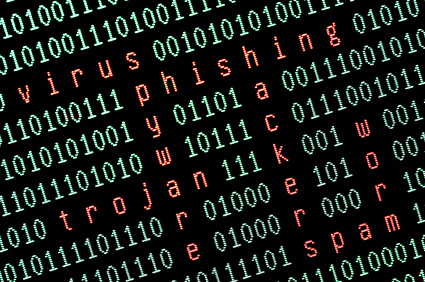
Sign up today and you will receive a free copy of our Future Focus 2025 report - the leading guidance on AI, cybersecurity and other IT challenges as per 700+ senior executives
You are now subscribed
Your newsletter sign-up was successful
The last few years have seen some of the biggest ever changes in IT security, especially with the new breed of financially motivated hacker.
This was according to Hugh Thompson, chief security strategist for People Security, who was talking at a keynote at RSA Europe 2008. He said that IT security had to deal with many shifts in the last three or four years, such as in internet environments.
But it was the attacker in the forum who Thompson most focused on. He talked of an efficient and effective underground economy where there was the dealing of credit card data. In his research, he revealed that users dealing with credit card data now have service level agreements between the buyer and stolen credit card brokers.
He picked out the example of a broker who was trying to sell various credit card numbers: "He makes a couple of guarantees instant replacement if he sells you bad credit card numbers, good discounts for big orders."
He added: "You can even check the merchandise by giving you a sample set of ten stolen credit card numbers to see if they work for you."
Thompson said that he felt it was incredible that the criminals had the maturity in the underground market that they felt they had to differentiate themselves by the quality of service that they were giving on stolen merchandise.
The strategist then led on to talk about how these transactions were now leading on to secondary markets. Thompson gave an example of how rather than deal with stolen credit card numbers, users would make a profit by converting different types of electronic currency.
Sign up today and you will receive a free copy of our Future Focus 2025 report - the leading guidance on AI, cybersecurity and other IT challenges as per 700+ senior executives
He described the transactions the user could make: "PayPal to e-gold, PayPal to Western Union which is probably the best deal.
"What's fascinating about this is that it was in August, and then went back to look at all the posts from this individual. I found one three months before that, and the rates were different.
"It turns out that one of those e-money providers had just announced they had added an extra layer of security. So the market was so efficient that it priced in that extra problem the broker had to go through."
For more coverage and photos from the RSA show, click here.
-
 ITPro Best of Show NAB 2026 awards now open for entries
ITPro Best of Show NAB 2026 awards now open for entriesThe awards are a fantastic opportunity for companies to stand out at one of the industry's most attended shows
-
 Mistral CEO Arthur Mensch thinks 50% of SaaS solutions could be supplanted by AI
Mistral CEO Arthur Mensch thinks 50% of SaaS solutions could be supplanted by AINews Mensch’s comments come amidst rising concerns about the impact of AI on traditional software
-
 RSAC in focus: Key takeaways for CISOs
RSAC in focus: Key takeaways for CISOsThe RSAC Conference 2025 spotlighted pivotal advancements in agentic AI, identity security, and collaborative defense strategies, shaping the evolving mandate for CISOs.
-
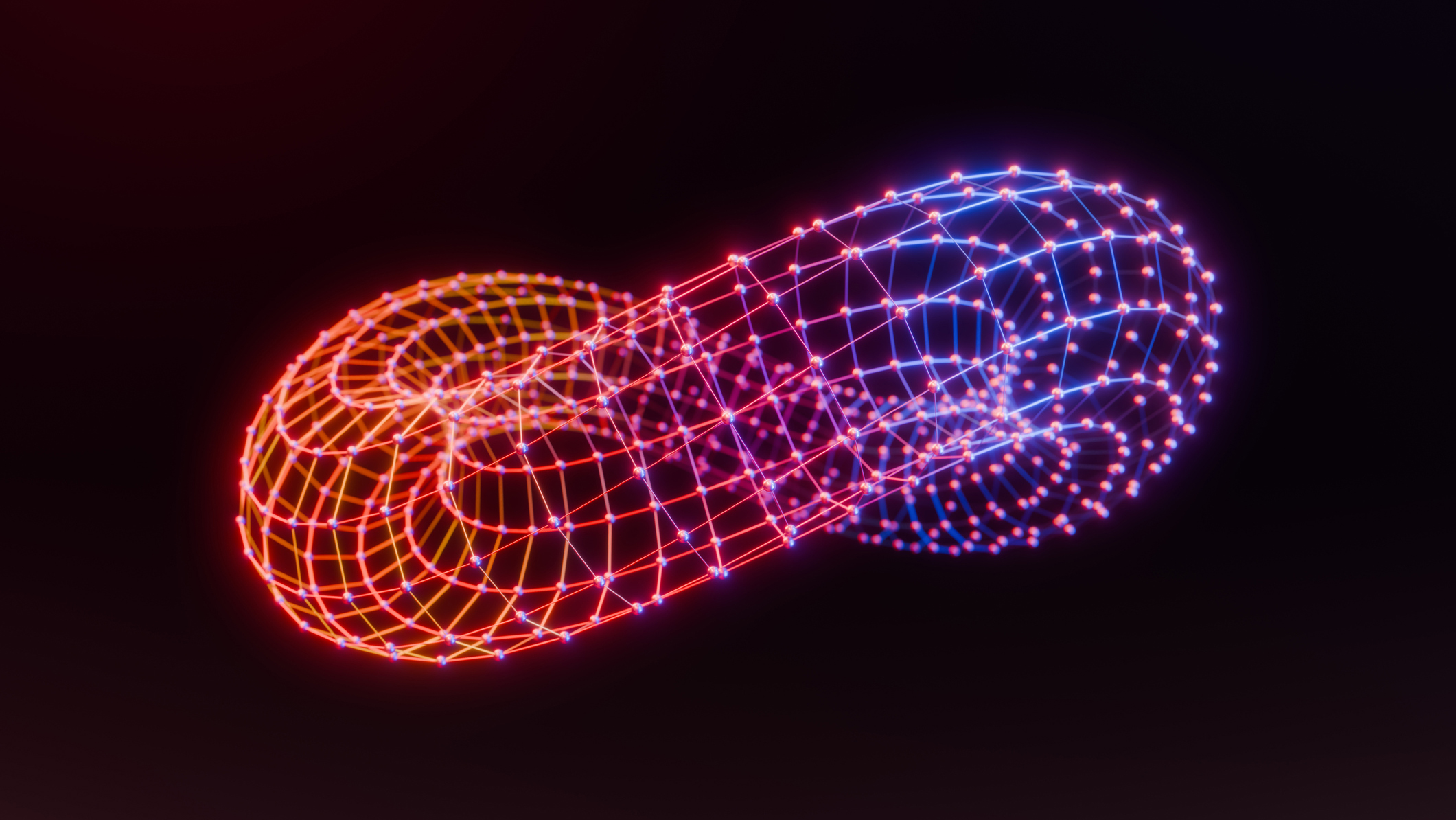 RSAC in focus: Quantum computing and security
RSAC in focus: Quantum computing and securityExperts at RSAC 2025 emphasize the need for urgent action to secure data against future cryptographic risks posed by quantum computing
-
 RSAC in focus: How AI is improving cybersecurity
RSAC in focus: How AI is improving cybersecurityAI is revolutionizing cybersecurity by enhancing threat detection, automating defenses, and letting IT professionals tackle evolving digital challenges.
-
 RSAC in focus: Collaboration in cybersecurity
RSAC in focus: Collaboration in cybersecurityExperts at RSA Conference 2025 emphasised that collaboration across sectors and shared intelligence are pivotal to addressing the evolving challenges of cybersecurity.
-
 RSAC in focus: Considerations and possibilities for the remainder of 2025
RSAC in focus: Considerations and possibilities for the remainder of 2025As 2025 unfolds, RSAC explores the pivotal considerations and emerging possibilities shaping the cybersecurity landscape
-
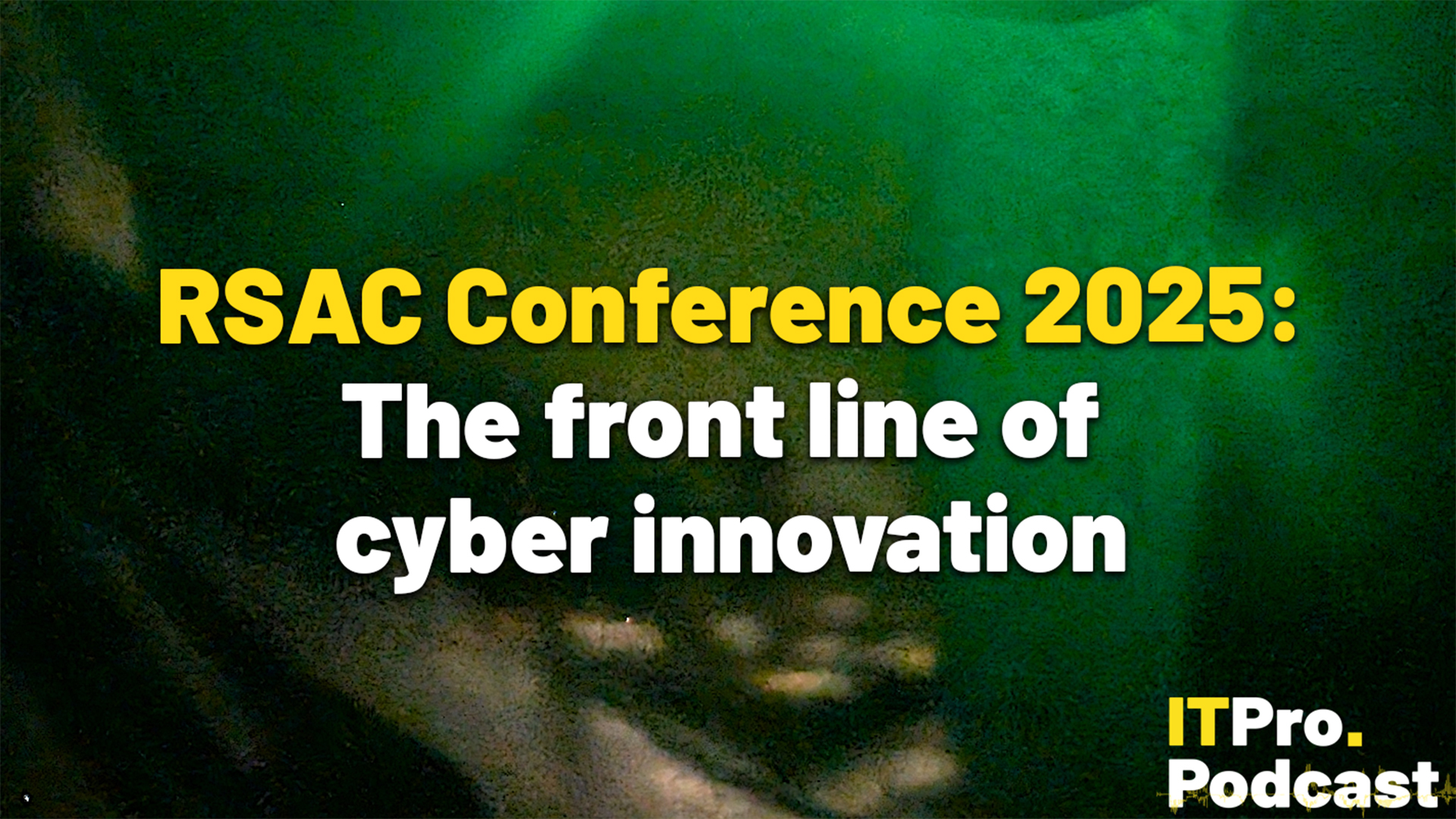 RSAC Conference 2025: The front line of cyber innovation
RSAC Conference 2025: The front line of cyber innovationITPro Podcast Ransomware, quantum computing, and an unsurprising focus on AI were highlights of this year's event
-
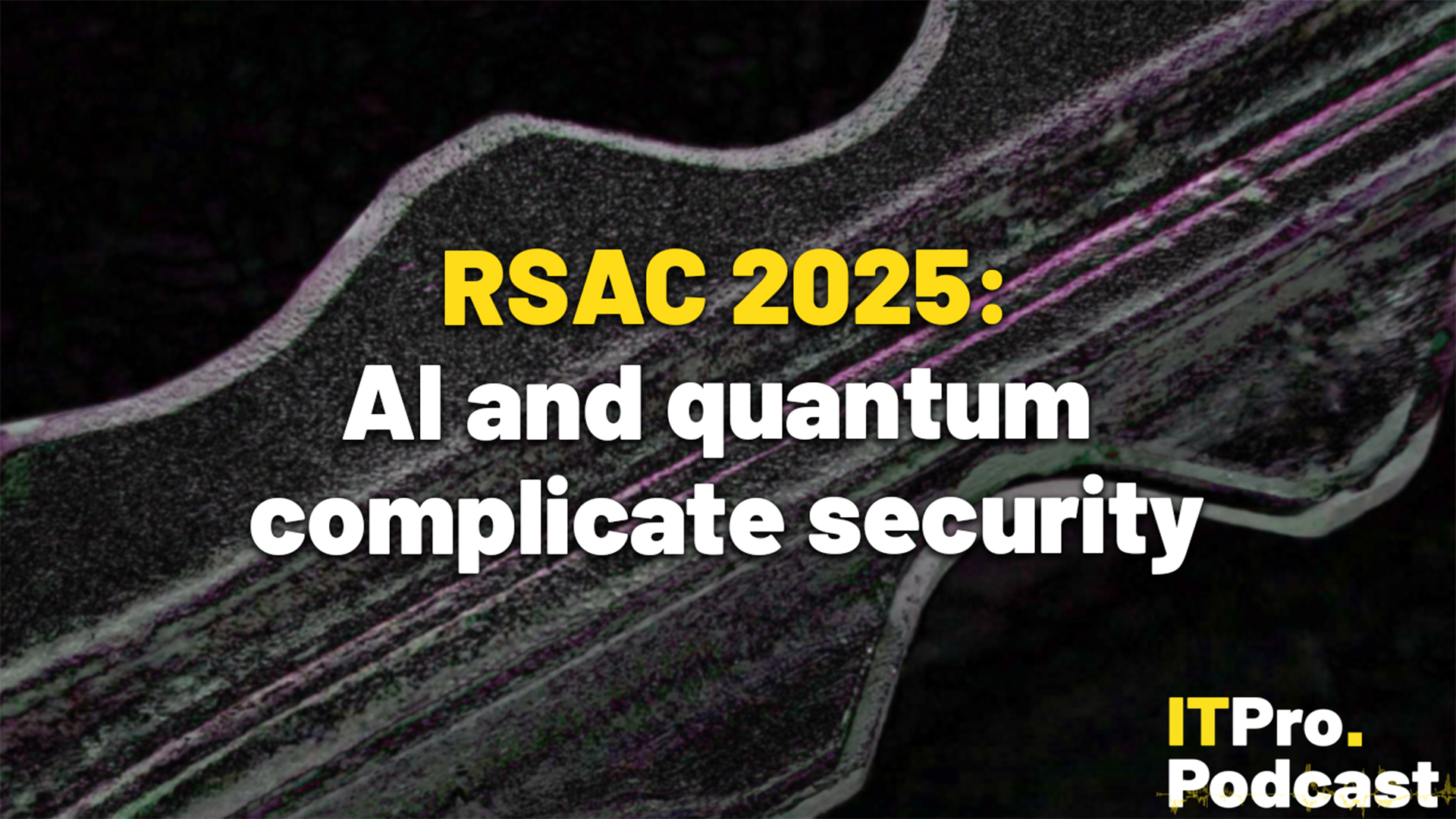 RSAC Conference 2025: AI and quantum complicate security
RSAC Conference 2025: AI and quantum complicate securityOrganizations are grappling with the complications of adopting AI for security
-
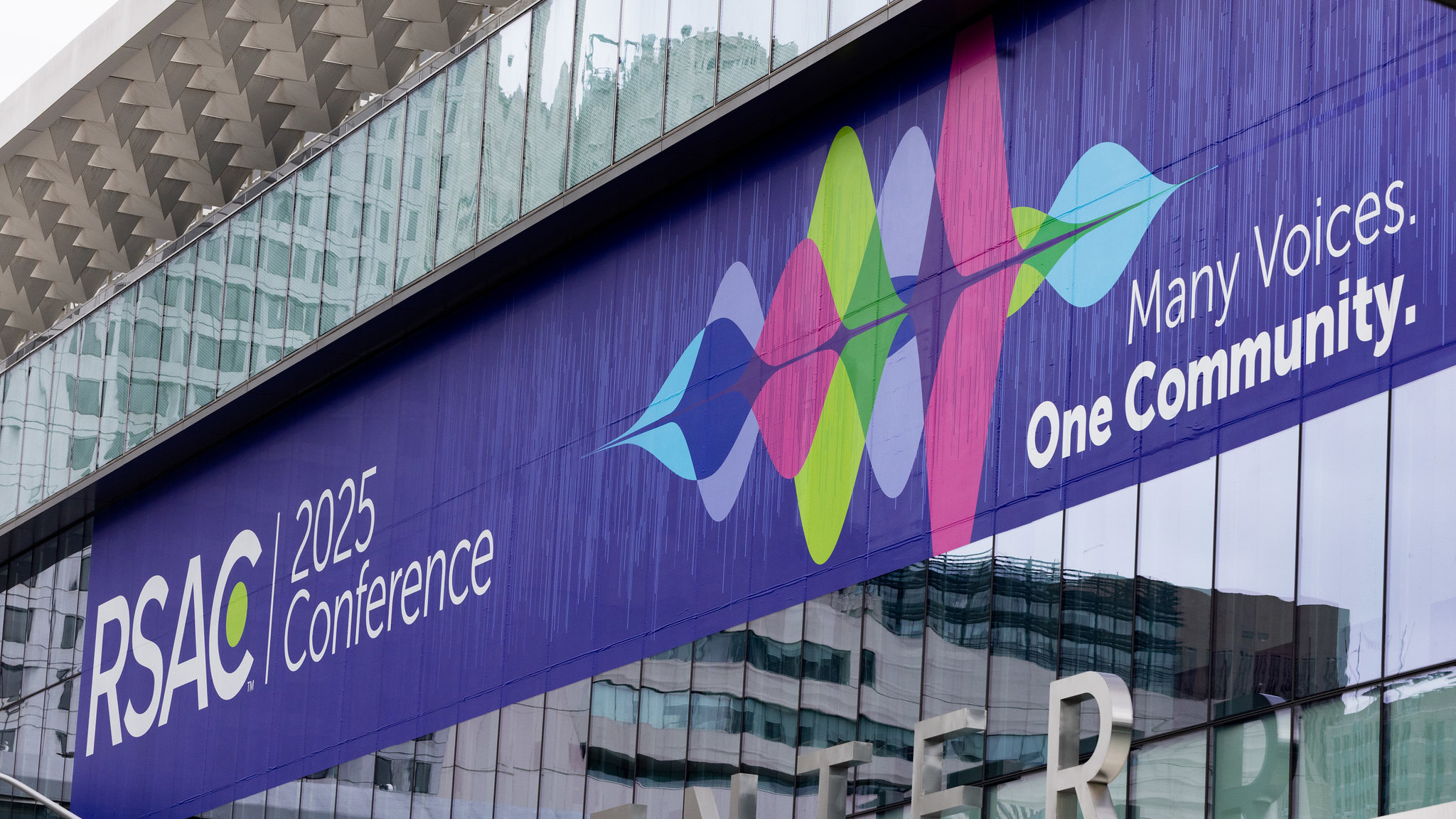 RSAC Conference 2025 was a sobering reminder of the challenges facing cybersecurity professionals
RSAC Conference 2025 was a sobering reminder of the challenges facing cybersecurity professionalsAnalysis Despite widespread optimism on how AI can help those in cybersecurity, it’s clear that the threat landscape is more complex than ever